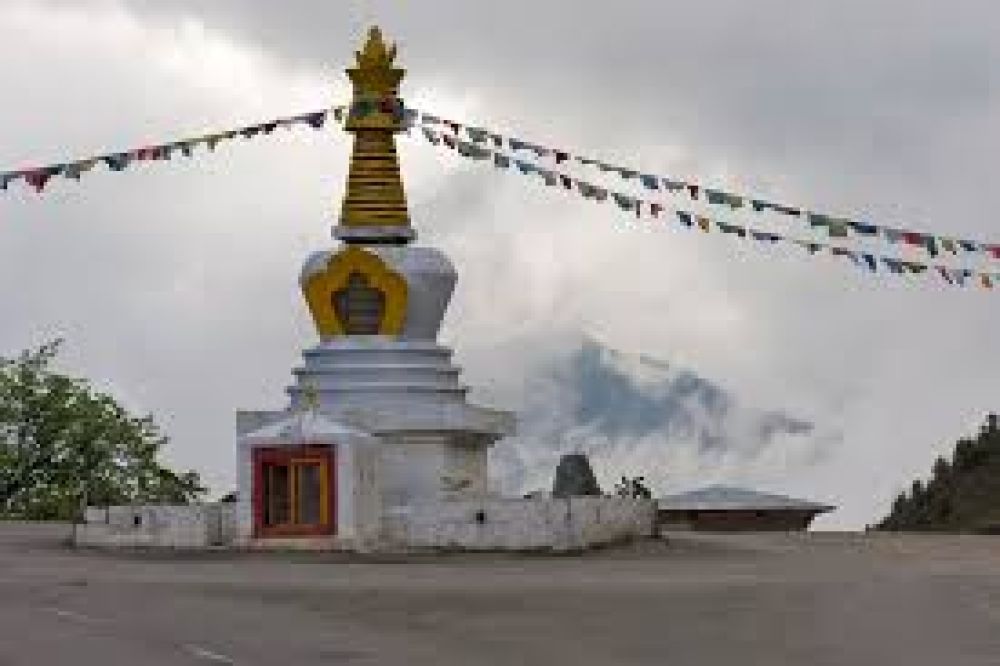

Located at an elevation of 3,420 meters (11,220 feet) above sea level, the Pelela Pass serves as a gateway between Bhutan's central and western regions. With its picturesque landscapes and as a route adorned with prayer flags fluttering in the wind, Pelela Pass offers travelers a breathtaking introduction to the Himalayan scenery that characterizes much of Bhutan.
Tourism in Bhutan, and at sites such as the Pelela Pass, has always been guided by the philosophy of high value, low impact. When Bhutan first opened its doors to tourism in 1974, the goal was to introduce visitors to the country's unique culture and traditions while ensuring the protection of its natural environment. Since then, the number of tourists allowed into the country has been cautiously regulated to prevent environmental degradation and cultural dilution. The Pelela Pass has been part of tourism offerings that highlight Bhutan's pristine natural beauty and cultural wealth.
Travelers looking to visit the Pelela Pass are often intrigued by the opportunity to experience trekking, cultural interaction, and the chance to see panoramic views of the Himalayan range. As the pass lies on the route between Punakha and Trongsa, it is conveniently located for tourists who are exploring the breadth of Bhutan's majestic landscapes.
However, tourism in Bhutan, including visits to the Pelela Pass, is subject to certain regulations. All international tourists must travel on a pre-planned, prepaid guided package tour or custom designed travel program. They must also be accompanied by a licensed Bhutanese tour guide. The country's tourism policy, guided by the principle of Sustainable Development, has helped preserve the authenticity of destinations like Pelela Pass.
In recent years, there has been a rise in eco-friendly travel options and sustainable accommodations in Bhutan, resonating with the overall global trend towards environmental consciousness in travel. Visitors to the Pelela Pass continue to seek experiences that are both enriching and responsible, reflecting a broader interest in cultural preservation and environmental sustainability.
Experience-based tourism is also becoming increasingly popular, with tourists wanting to immerse themselves in local practices, such as meditation, traditional Bhutanese arts and crafts, and even partaking in farm-to-table dining experiences hosted by local communities.
As the world gradually recovers from the impact of global events like the COVID-19 pandemic, Bhutan has been working towards reviving its tourism sector with an emphasis on safety, sustainability, and more personalized experiences for tourists. The kingdom has also introduced a Sustainable Development Fee for tourists to directly contribute to Bhutan's economic, social, cultural, and environmental development, ensuring that the benefits of tourism are equitably distributed.
Whether visitors are traversing the high mountain terrain, capturing photographs of the stunning scenery, or simply absorbing the tranquility of this Himalayan gem, the Pelela Pass remains a testament to Bhutan's commitment to preserving its natural beauty and cultural integrity for future generations of travelers.